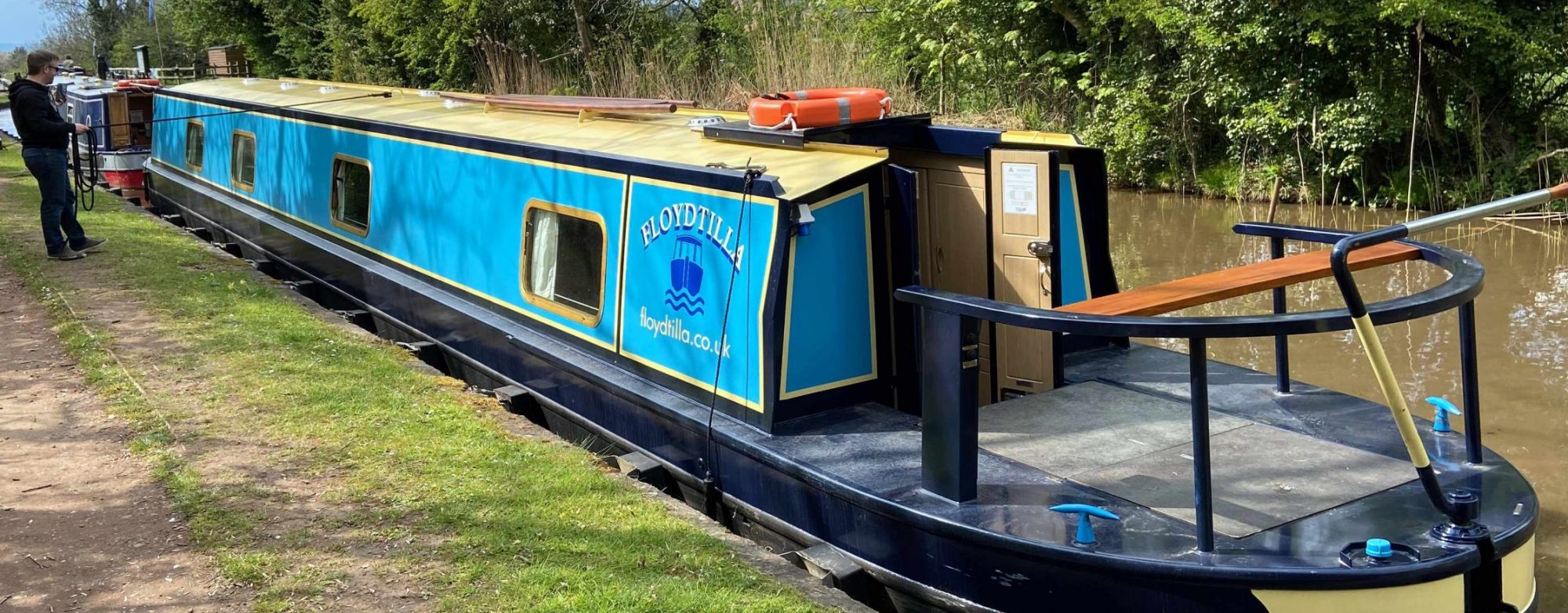The Trent and Mersey Canal, completed in 1777, is a historic and vital waterway that stretches 93.5 miles across central England, connecting the River Trent at Derwent Mouth near Shardlow to the River Mersey at Preston Brook. It was the brainchild of renowned engineer James Brindley, who designed it as part of a grand vision to link the major rivers and industrial hubs of the Midlands and North West.
The canal played a key role during the Industrial Revolution, facilitating the transportation of coal, pottery, and other goods, particularly from the Staffordshire Potteries. Its significance is marked by the inclusion of 76 locks, which help boaters navigate its varied elevations, including the challenging “Heartbreak Hill,” a stretch with 26 locks in quick succession near Kidsgrove.
The canal is famous for its engineering marvels, particularly the Harecastle Tunnel, a 1.6-mile-long passage through solid rock near Stoke-on-Trent. Another notable feature is the Anderton Boat Lift, an impressive structure that connects the Trent and Mersey Canal to the River Weaver, offering boaters a unique vertical lift experience between the two waterways.
The Trent and Mersey Canal also intersects with other key canals, such as the Coventry Canal, the Macclesfield Canal, and the Shropshire Union Canal, making it a central hub for boaters looking to explore wider waterways across the UK. Today, it remains a popular route for leisure boaters, offering a scenic mix of industrial heritage, rural countryside, and fascinating engineering feats.
Canal Specification
| Max Boat Length | 72 feet (22 m) |
| Max Boat Width | 7ft |
| Number of Locks | 76 |
| Length | 93 miles |
Youtube Videos
- Minimal List – 050 FROM FAZELEY JUNCTION TO FRADLEY JUNCTION AND BEYOND ON OUR NARROWBOAT
- Minimal List – 051- ‘Volunteer Lock Keeping’ on the Trent and Mersey Canal
- Minimal List – 052 – Shobnall to the middle of nowhere in the Trent and Mersey canal
- Minimal List – 053 – The push to the end of Trent and Mersey on our Narrowboat.
- Never Two Late,Our Narrowboat Journey – Trent AND Mersey Canal The HIDDEN GEM of History

